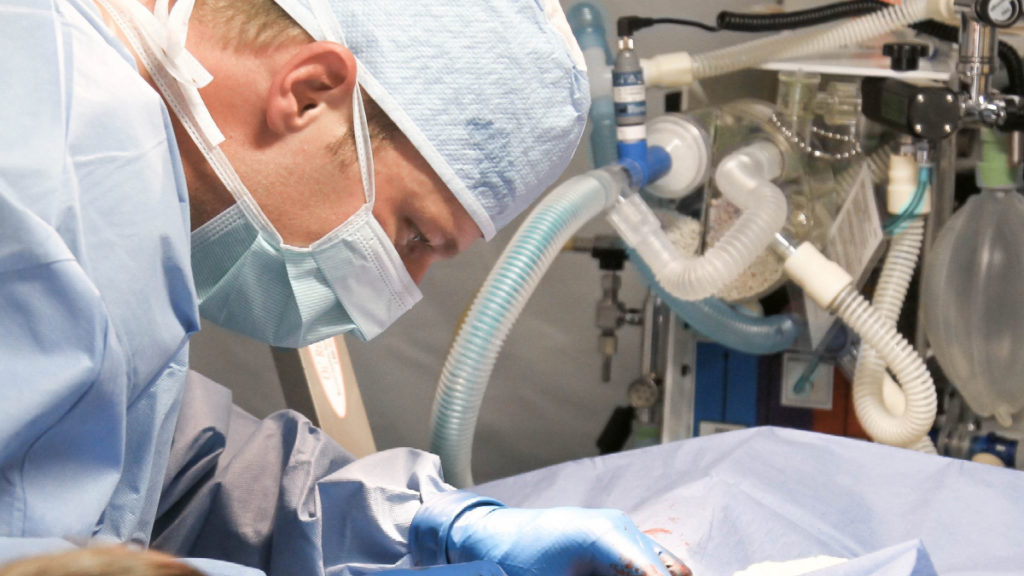
Over eight years of analysis, John Hopkins’ patient safety experts, reported, in 2016, that medical errors are the third highest cause of death in the United States of over 250,00 deaths per year. Because of the high expectation of performance, “physician burnout” was said to be the cause of medical errors. Physician burnout occurs in more than 54% of physicians. The emotional symptoms of “burnout” are due to exhaustion, the dehumanizing viewing of patients as objects, and the accompanying cynicism.
A study of the relationship between the nurse’s burdensome amount of work and patient deaths found that an increase in one surgical patient led to a seven percent increase in the likelihood that a patient would die within the first thirty days of admission. The most damaging errors that a physician can engage in are errors referred to as “never events.” “Never events” are errors made by physicians that should “never, ever occur.” Research has shown that ” never events,” between September 1990 and September 2010, accounted for 9,744 paid malpractice claims. One half these claims were the result of surgery using the wrong procedure or the wrong part of the body and only 17 claims were the result of an operation on the wrong person.
Some of the more noted “never events” have been published in the media. In early April 2019, an Iowa jury awarded to Rickie Huitt $12.25 million because his prostate gland was removed, which was misdiagnosed as having cancer. His pathologist was treating two patients in 2017 and mixed up their slides containing tissue samples. The hospital’s anatomical laboratory mixed Mr. Huitt samples with another person who was diagnosed as having prostate cancer.
The mistake led to an incorrect diagnosis which directly resulted in his prostate gland being removed. The operation also damaged nearby nerves. Mr. Huitt became impotent and incontinent. He felt that he lost his manhood and active sexual relations with his wife due to the side effects of the surgery, which included stress and humiliation.
How could a highly intelligent surgeon and pathologist commit this grievous error? The surgeon/pathologist admitted to her errors of unnecessary surgery and cancer misdiagnosis, which can best be described as a “never event” and possibly the tragic result of “physician burnout.”

